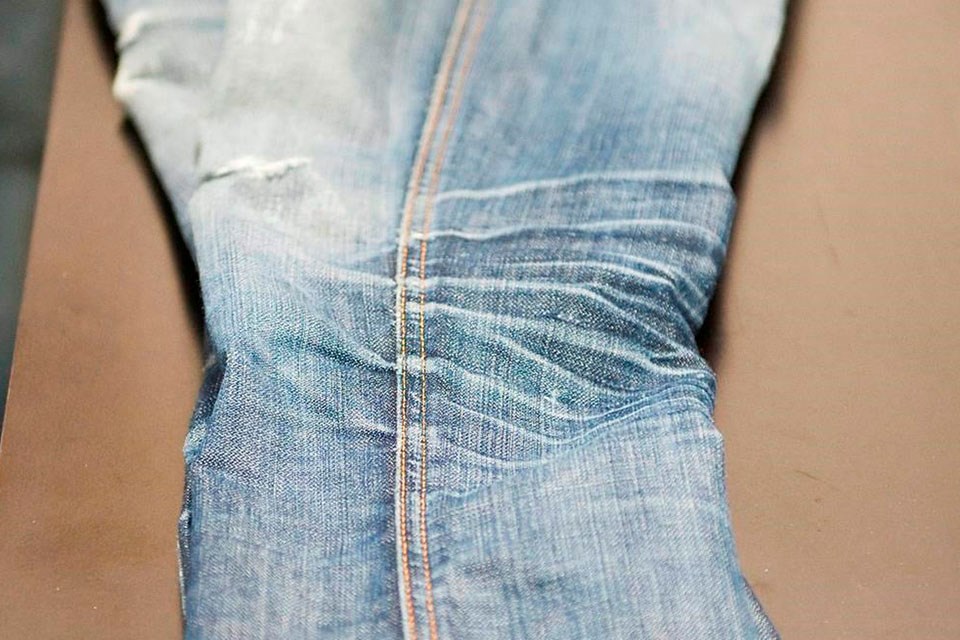TORONTO — A new study suggests that washing your jeans could be contributing to the pollution of Canada's waters.
Researchers at the University of Toronto say they detected microfibres linked to blue jeans in aquatic environments ranging from the shallow suburban lakes of southern Ontario, to the Great Lakes and all the way up to the Arctic Archipelago.
Their findings, published in Environmental Science and Technology Letters on Wednesday, suggest that between 12 to 23 per cent of microfibres in the sediments sampled could be identified as indigo denim.
Co-author Sam Athey, a doctoral candidate in U of T's department of earth sciences, says further investigation is needed to understand the impacts of denim-linked microfibres on marine wildlife.
But professor Miriam Diamond says the presence of these human-manufactured particles in waters so far away from most of the jeans-wearing population should be cause for concern.
The researchers found that a pair of used jeans can release approximately 56,000 microfibres per wash. They suggest that denim lovers follow the recommendations of clothing manufacturers and try to get as much wear out of their jeans as they can before throwing them in the washing machine.
This report by The Canadian Press was first published Sept. 2, 2020.
The Canadian Press




